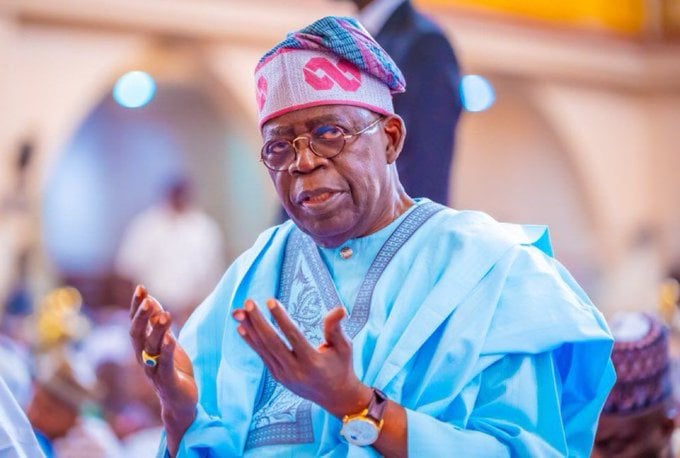The Presidency on Sunday defended the size and composition of Nigeria’s delegation to COP30, explaining that the climate talks require representatives from multiple ministries and agencies to effectively protect national interests.

Senior Special Assistant to the President on Media and Publicity, Temitope Ajayi, emphasized that climate negotiations cut across sectors such as energy, finance, environment, transport, agriculture, and security. He argued that a small delegation could limit Nigeria’s ability to engage meaningfully.
“Because of the multidisciplinary and multidimensional nature of the climate subject, you will typically see government officials from different agencies representing the government’s interest across various areas. The issues being discussed are vast, and the government must be represented at every point to advance Nigeria’s position,” Ajayi said.

Ajayi’s comments came shortly after former Labour Party presidential candidate Peter Obi criticized the Tinubu administration for sending what he described as a “stunning display of misplaced priorities” — a 749-member delegation to COP30.
A review of the United Nations Framework Convention on Climate Change (UNFCCC) delegate list shows that while 749 Nigerians were registered across “Parties” and “Parties Overflow” lists, the actual number of government officials was approximately 423. These officials include representatives from the Federal Ministry of Environment, National Council on Climate Change (NCCC), NESREA, NOSDRA, NiMet, NIHSA, and other ministries and agencies, as well as state governments, regulators, and SOEs like NNPC Ltd, NUPRC, NMDPRA, and NPA.

Obi drew a sharp comparison with China, which sent 789 delegates to the event in Belém, Brazil. In a post on his official X handle titled “In Delegations, Nigeria Competes Well,” Obi argued that while Nigeria should have a strong voice in global climate discussions, the delegation size comes at a high cost given the country’s social and economic challenges.
“About 150 million Nigerians live in multidimensional poverty, struggling daily with food insecurity, inadequate healthcare, and limited access to basic services. Meanwhile, our leaders travel in large numbers, funded by taxpayers, attending climate talks abroad while citizens continue to suffer,” he wrote.
Obi also highlighted stark contrasts in human development and economic indicators between Nigeria and China: Nigeria’s GDP is just over $200 billion, compared to China’s $18.74 trillion, while life expectancy in Nigeria is 54 years versus 79 years in China. He noted that 63% of Nigerians live in multidimensional poverty, compared to just 3.9% in China, emphasizing that resources spent on COP30 could have been directed toward social investments at home.

Ajayi responded by clarifying that the UNFCCC delegate lists include non-state actors such as civil society organisations, activists, private-sector representatives, and academics, whose attendance is registered under their country of origin, even if not government-sponsored.
“If people from Environmental Rights Action or business leaders like Dangote, Tony Elumelu, or Kola Adesina attend, their names will be listed under Nigeria. That does not mean they were funded by the government,” Ajayi said.
He further stressed that Nigeria must maintain a strong presence where decisions on climate finance, energy transition, and carbon markets are made, calling criticisms of delegation size “shallow commentary.”

According to the UNFCCC, Nigeria’s COP30 delegation included at least 1,452 individuals, drawn from federal and state governments, parliament, academia, the private sector, and civil society. While the largest bloc was the core climate agencies and related project desks, other delegates came from energy and extractive regulators, marine, ports, rail, aviation, water-resources agencies, universities, standards bodies, NGOs, youth and women networks, media organizations, and staff of Nigerian missions abroad.

Most entries were marked as “guest of the nominating entity” or as contract/affiliate staff, indicating that not all were funded by the federal government.




